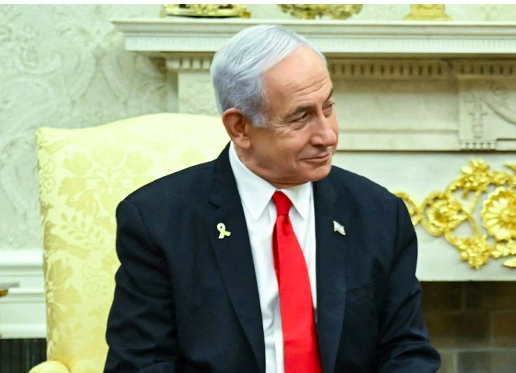At the outset of Israel’s operation “Gideon’s Chariots”, it was explicitly stated that Israel would not only escalate its bombing campaigns but also tighten the blockade surrounding the Palestinian territories. Humanitarian aid, which had already been insufficient for months, is now nearly entirely absent.
Critics argue that Israel is using hunger and famine as tools of pressure. In contrast, Israel consistently shares footage of aid trucks being intercepted by armed Hamas fighters, who, despite facing severe setbacks following the “Black Saturday” terror attacks in Israel, remain resilient.
Caught in the midst of this unprecedented humanitarian disaster, particularly for the 21st century, are the civilians of Gaza. They are not only suffering from relentless military strikes since October 2023 but are also battling severe shortages of food and water.
If we attempt to set aside the human tragedy—a challenging task for any empathetic individual—and examine the geopolitical landscape, we can observe a calculated strategy being employed by Benjamin Netanyahu, with various intended consequences.
Despite Netanyahu making two official trips to Washington, Israel’s diplomatic standing has declined, particularly compared to the latter part of Biden’s presidency. His relationship with Trump has soured, and Israel has failed to gain any real advantages from the former pro-Israel president—in fact, the opposite seems to be true.
Trump circumvented Israel prior to his tour of the Arabian Peninsula. Through informal channels, he expressed dissatisfaction at not being acknowledged. He chose not to visit Israel—an obvious and anticipated stop—and instead rallied behind a plan proposed by Saudi Arabia and Turkey concerning Syria, even meeting with interim Syrian President al-Saraa, a former jihadist.
Trump perceives himself as a dealmaker, but such deals frequently destabilize already tenuous, often non-existent, balances. Following his unsuccessful second visit to Washington, Netanyahu appears to have decided how to tackle the ongoing crisis. The operation’s name change from “Iron Swords” to “Gideon’s Chariots” was not merely symbolic; it was a strategic move.
For Israel, this operation conveys a clear message to both current and past opponents: “There will be no resolution to the Middle East without us.” This message is aimed not just at Europe but also at the United States.
Netanyahu is determined to keep the situation within manageable limits, adhering to the security parameters established by the Israeli state since its inception in 1947. He continues to exert pressure on Gaza, provoking international backlash while preparing for a future discourse that he aims to control.
From Netanyahu’s viewpoint, halting operations in Gaza today is considerably easier than it was a year ago. Israel has significantly undermined not only Hamas’s leadership but also Hezbollah’s in Lebanon, and is now focusing on Iran through Syria. If this harsh pressure on Gaza’s civilians triggers an urgent re-engagement—regardless of its flaws—Israel could enforce a final settlement if its terms are met.
In politics, diplomacy, and indeed in life, what is considered legal is not always ethical. For Israel, the end justifies the means.
Ask me anything
Explore related questions

















